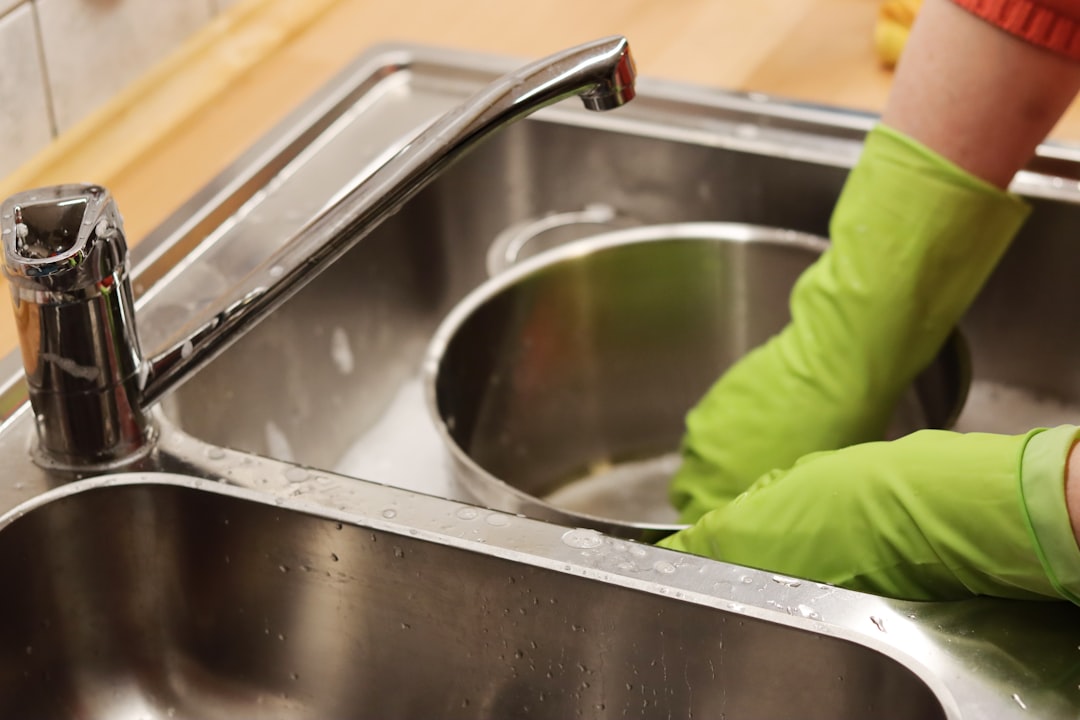
How old should my child be for certain chores?
Introduction
As parents, we often wonder when our children should start taking on certain responsibilities around the house. Chores not only teach kids valuable life skills, but also help them develop a sense of independence and contribute to the household. However, it's important to consider your child's age and abilities when assigning chores. In this blog post, we'll discuss age-appropriate chores for children and provide some guidelines to help you determine when your child is ready for certain tasks.
Toddlers (2-3 years old)
While toddlers may not be able to complete complex chores, they can still participate in simple tasks that promote their motor skills and sense of responsibility. At this age, children can help with tasks such as picking up toys, putting dirty clothes in a hamper, or wiping spills with a cloth. These activities should be supervised to ensure their safety.
Example Chore: Putting Toys Away
Encourage your toddler to clean up after playtime by putting toys back in their designated places. Make it a fun activity by singing a cleanup song or turning it into a game. Remember to give them plenty of praise and positive reinforcement for their efforts.
Preschoolers (4-5 years old)
Preschoolers are more capable of handling slightly more complex chores and can begin to take on additional responsibilities. At this age, children can help with tasks such as setting the table, making their bed, or feeding pets under supervision. These chores help them develop fine motor skills, organization, and a sense of routine.
Example Chore: Setting the Table
Show your preschooler how to set the table by placing utensils, plates, and napkins in the correct positions. Start with a simple table setting and gradually increase the complexity as they become more comfortable. This chore not only teaches them about table manners but also promotes independence.

Elementary School (6-8 years old)
As children enter elementary school, they become more capable of taking on additional responsibilities and can handle more complex tasks. At this age, children can help with chores such as folding laundry, sweeping floors, or taking out the trash. These chores promote independence, discipline, and a sense of contribution to the household.
Example Chore: Folding Laundry
Teach your child how to fold clothes and put them away properly. Start with simple items like socks and gradually introduce more complex clothing items. This chore not only helps lighten your load but also teaches them valuable skills they will need later in life.

Tweens (9-12 years old)
Tweens are capable of taking on more responsibility and can handle a wider range of household chores. At this age, children can help with tasks such as washing dishes, mowing the lawn (with supervision), or cleaning their rooms. These chores further develop their independence, time management, and accountability.
Example Chore: Washing Dishes
Show your tween how to properly wash dishes, including the importance of using hot water, soap, and drying them thoroughly. Start with non-breakable items and gradually introduce more delicate dishes. This chore not only helps with daily cleanup but also instills a sense of responsibility and teamwork.

Teenagers (13+ years old)
Teenagers are capable of handling most household chores and can take on more significant responsibilities. At this age, children can help with tasks such as cooking meals, doing laundry independently, or maintaining the yard. These chores prepare them for adulthood and teach them essential life skills.
Example Chore: Cooking Meals
Encourage your teenager to learn basic cooking skills and prepare simple meals. Start with easy recipes and gradually introduce more complex dishes. This chore not only helps with meal preparation but also fosters independence and encourages a healthy relationship with food.

Conclusion
Assigning age-appropriate chores to your children is an excellent way to teach them valuable life skills, promote independence, and contribute to the household. Remember to consider your child's age, abilities, and safety when assigning tasks. Start with simple chores and gradually increase their responsibilities as they grow older. By involving your children in household tasks, you are setting them up for success in the future.
And here are some age-appropriate chore charts you can use with your kids!
Warmly,


